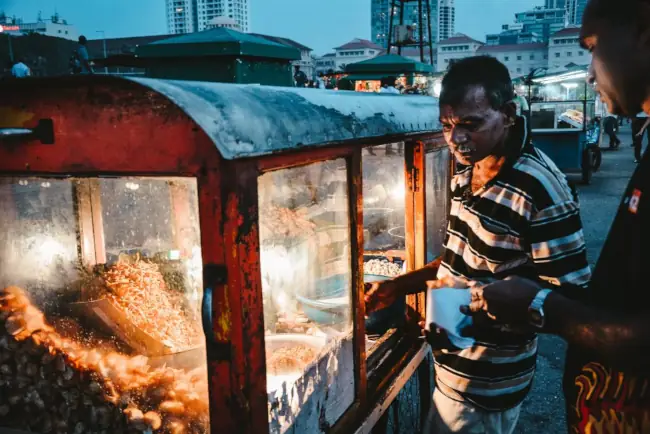Our Research
Kandy Consulting Group has extensive experience in field research, particularly in business and household surveys.
These have been conducted locally and nationally with sample sizes ranging from 500 to 3,000.

In 2024, Kandy Consulting Group Pvt. Ltd has provided service as ‘data collector' to Compassion International Lanka (CIL), a child development organization for implementing a micro field survey of “Youth Satisfaction Measurement Survey and Children and Youth (Level 02) Outcome Measurement Survey” in the selected project locations in Sri Lanka.
The project locations were spread across several provinces including Western, North-Western, Uva, Eastern, Central and Southern.

In 2024, Kandy Consulting Group Pvt (ltd), conducted a pilot survey in partnership with Verité Research, an independent research institute in Sri Lanka. This is a part of a large international research project spanning through nine countries.
Locally, the research is Led by Prof. Dileni Gunewardena and co-Led by Mr. Kanishka Werawella. The purpose of this research is to explore how families in Sri Lanka provide paid and unpaid care for children, older adults, and disabled family members, as well as to identify unmet care needs.

This research project was initiated in 2024 by the International Food Policy Research Institute (IFPRI) in partnership with local collaborators, including the International Water Management Institute (IWMI), the Institute of Policy Studies (IPS), United Nations agencies (WFP, UNICEF, and FAO), Wayamba University, Peradeniya University, Jaffna University, and Eastern University. Kandy Consulting Group (Pvt.) Ltd. is providing field survey consultancy services for the research project, which is scheduled to run from November 2024 to February 2025.
The survey covered all 25 districts of Sri Lanka to represent the entire country. Its primary aim was to assess the nutritional status, food security, food expenditure, agricultural production, livelihoods, access to water and energy, climate change impacts, and women’s empowerment among Sri Lankans.
Read more: Building Resilience for Inclusive Growth and Holistic Transformation - BRIGHT

This research project was initiated in 2024 by the International Food Policy Research Institute (IFPRI) in partnership with local collaborators, including the International Water Management Institute (IWMI), Wayamba University, Peradeniya University, the Industrial Technology Institute, and the Hector Kobbekaduwa Agrarian Research and Training Institute (HARTI).
Kandy Consulting Group (Pvt.) Ltd. provided field survey consultancy services for the research project during the survey period, which ran from June 2024 to August 2024
The purpose of this research was to assess the nutritional status of Sri Lankans, understand the production and consumption of fruit and vegetables, and explore what different interventions can help to increase production and consumption. The surveyed area spans across two districts, Ratnapura and Badulla, encompassing a total of 7 Divisional Secretariat (DS) divisions, 57 Grama Niladhari (GN) divisions, and 125 villages.
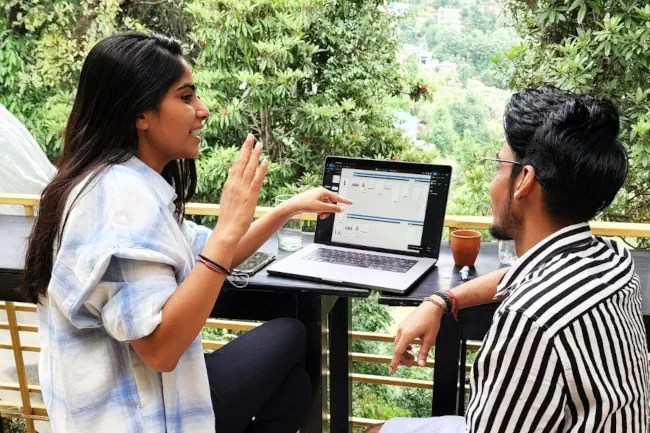
Kandy Consulting Group (KCG) and SEO Amsterdam Economics (SEO) collaborated to conduct an impact evaluation of the Women in Work Sri Lanka program implemented by the International Finance Corporation (IFC).
The program spanned six years, commencing in 2017 and concluding in June 2023, and was undertaken in partnership with the Australian Department of Foreign Affairs and Trade (DFAT) along with the IFC.
Kandy Consulting Group (KCG) applied its qualitative research proficiency by utilizing methodologies like Key Informant Interviews (KII) and Focus Group Discussions (FGD).
Additionally, the quantitative aspect involved two surveys targeting women entrepreneurs and company employees.
The surveys were conducted through Computer Assisted Telephone Interviews (CATI) and Computer Assisted Web Interviews (CAWI) which were facilitated using the SurveyCTO platform.
To find out more please visit the program page at the following link: SEO Amsterdam Economics website.
To download the report use this link: Download the report
To download the summary use this link: Download the summary
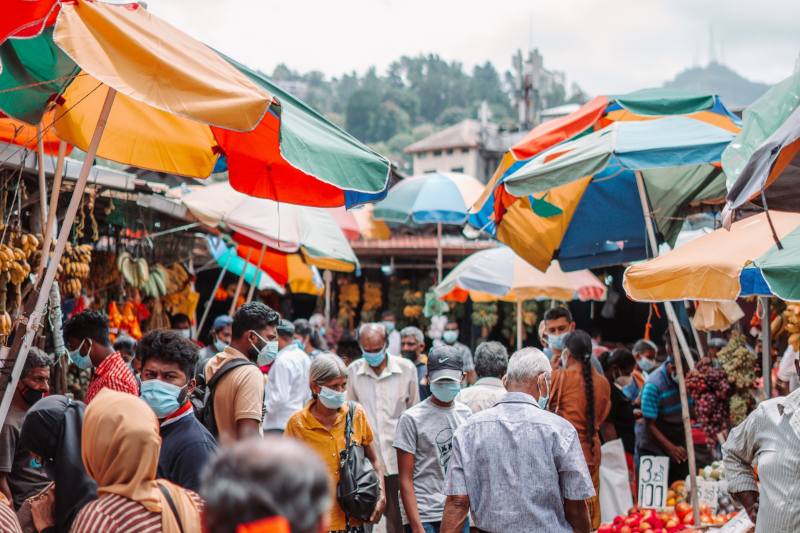
In 2021 KCG undertook an electronic based data collection exercise for a Covid-19 socio-economic impact analysis in Sri Lanka for the World Bank, named the 'Sri Lanka South Asian Region COVID-19 Monitoring Phone Survey'.
This included a SurveyCTO based Computer Assisted Telephone Interview (CATI) of 5072 respondents which analysed the impact of Covid-19 on household income, health, education, employment and children’s schooling.
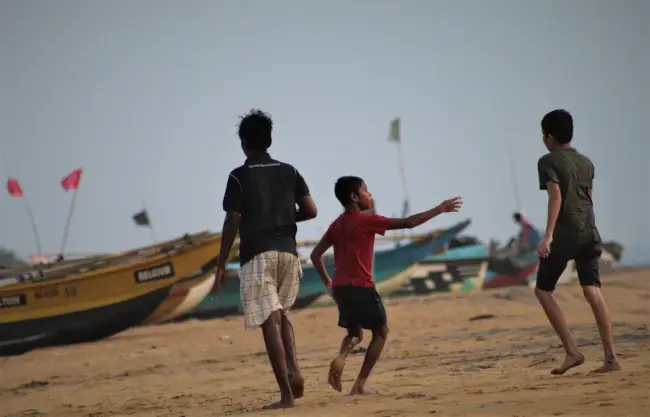
In 2018 KCG was extensively involved in a data collection exercise for a research collaboration between Kobe University, Japan and the University of Peradeniya, Sri Lanka on Social Reconstruction, Reconciliation and Poverty Reduction following the Civil War in Sri Lanka.
This project funded by the Japan Society for the Promotion of Science (JSPS) saw the collection of survey data from 1,600 households in the former conflict affected Northern and Eastern provinces in the country. While round 1 of this longitudinal survey gathered data on effects of conflict on income, health, education, employment, marriage and overall subjective well-being, round 2 of this data collection exercise is currently underway in September 2022.
This projects findings were published in World Development, volume 173 and is available online.

Between 2014 and 2020, Kandy Consulting Group was involved in several large scale, longitudinal and experiment based surveys in Sri Lanka for the Pluralistic Memories Project, a multi sited research study on conflict memories and transitional justice, implemented simultaneously in Burundi, Israeli-Palestine and Sri Lanka.
The Project was funded by the Swiss National Science Foundation, under the Swiss Programme for Research on Global Issues for Development, and implemented by a research group at the University of Lausanne, Switzerland, and hosted locally by the International Centre for Ethnic Studies (ICES) Sri Lanka. The work involved surveys incorporating random sampling, network sampling and a mix of both, spanning sample sizes of 400, 1200 and 1800 throughout Sri Lanka.
Project website: https://wp.unil.ch/pmp/
You can also view images related to this project in our gallery page: Survey of Pluralistic Memories and Transitional Justice.
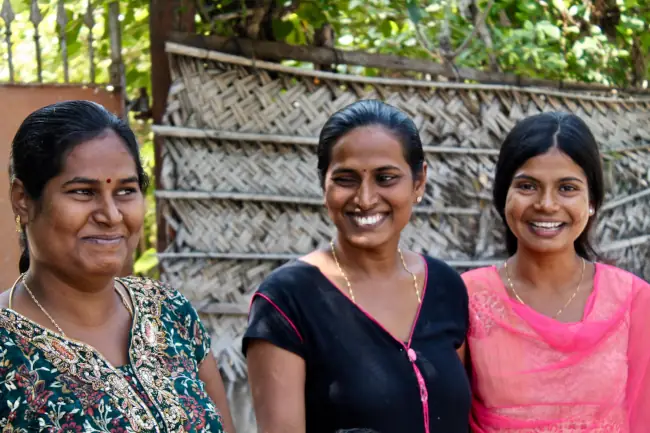
In 2019 the Kandy Consulting Group in partnership with SEO Amsterdam Economics and Palladium International conducted an extensive impact evaluation exercise of the “Women Entrepreneurs Financial Initiative (We-Fi)” project funded by the Asian Development Bank (ADB).
This involved KCGs utilization of longitudinal surveys and qualitative methodologies such as focus group discussions involving a business related capacity building training carried out by PricewaterhouseCoopers for 818 women entrepreneurs throughout Sri Lanka and their subsequent access to a formal finance initiative provided through numerous banks in Sri Lanka that were funded as a grant by the ADB.
The Computer Assisted Telephone Interviews (CATI) surveys were conducted using the SurveyCTO platform.
To read more and download the paper visit the SEO Amsterdam Economics website here
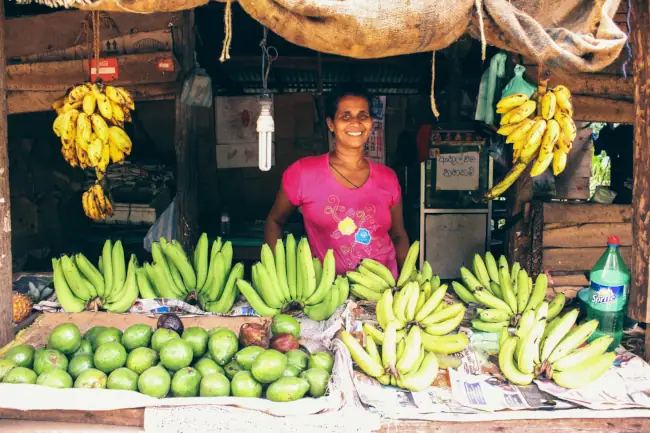
Research project to examine the impact of business training and capital grants on existing and potential female enterprises.
Survey of over 600 current female enterprise owners and over 600 unemployed but potential self-employed females in 10 Divisional Secretariat divisions in 7 districts in Jan 2009. This consisted of a business training and capital grants intervention programme to randomly selected participants - including running an individual-level awareness of offer, coordinating with external business consulting firm in running ILO developed business training modules, payment of capital grants to selected participants.
Four follow-up surveys in Sep 2009, Jan 2010, Sep 2010, Jun 2011 were also carried out.
Read more: Business Training and Female Enterprise Start-up and Growth in Sri Lanka
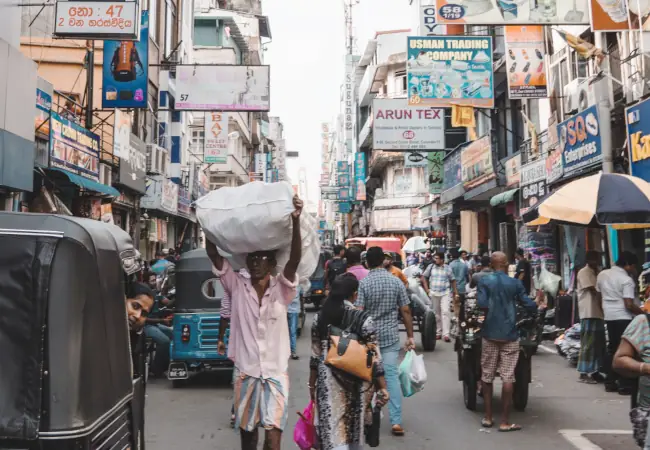
A survey of over 500 informal businesses in Colombo and Kandy districts in Dec 2008 to investigate the Demand for Formality among informal unregistered businesses. KCG also supervised the administering of registration information treatment and cash treatment to randomly selected enterprises.
Three follow-up surveys in Aug 2010, Mar 2011, Dec 2011 were also were carried out.
Read more: Research Experiment to Measure the Demand for Formality
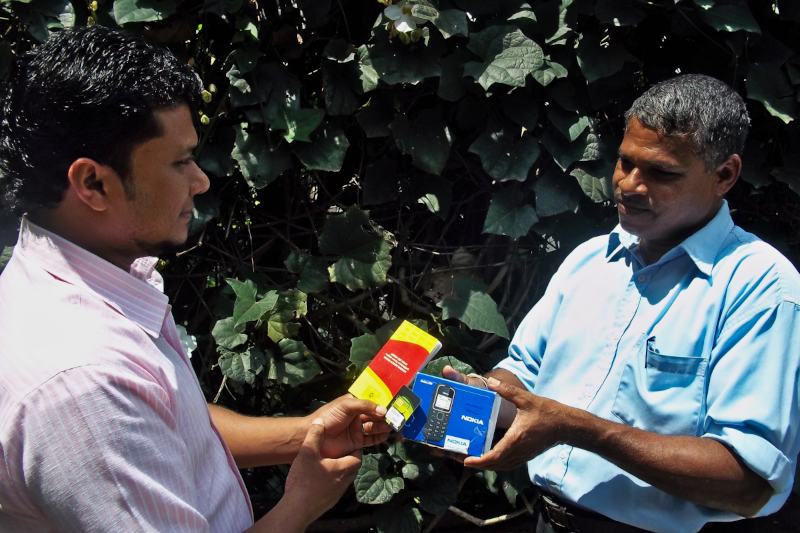
Research project to examine the savings behaviour of urban self-employed and casual/daily paid workers.
This involved a listing exercise of 10300 households to identify urban self-employed and casual wage worker sample in Oct 2010. A Baseline Survey of 2340 urban self employed and casual wage worker sample was carried out, a savings mobilization programme was implemented using a newly developed mobile phone linked bank savings product to 1830 randomly selected participants. Monthly and annual follow-up surveys were conducted until Jan 2013.
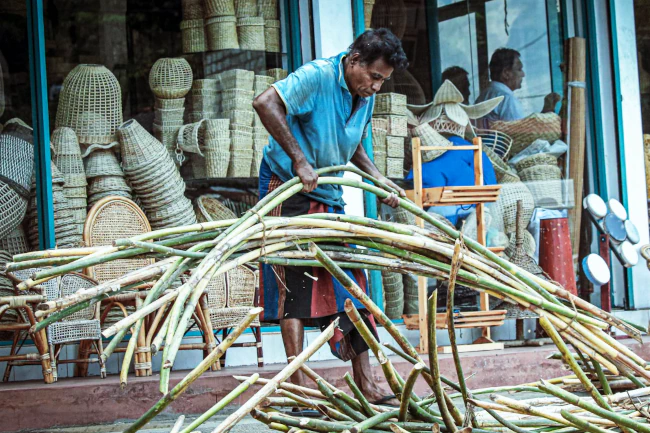
A randomized research experiment to measure the causal impact of micro-equity investments on firm investment and growth strategy. This was implemented though a partnership developed with the Chamber of Commerce of Hambantota to identify a potential investment pool.
These are all entrepreneurs who are well beyond the subsistence level, and are looking to make investments to set their business on a new growth trajectory. The Investments typically are aimed at buying some type of speciality equipment, which has a very limited re-sale market and costs between 350,000 and 1 million Sri Lankan Rupees (USD $3000-8000). The first legally registered joint venture agreement was signed in Feb 2013, with the auto-electrical firm in Hambanthota, for an amount of 500,000 Sri Lankan Rupees (US$4200). Eight further contracts for similar amounts have been signed.
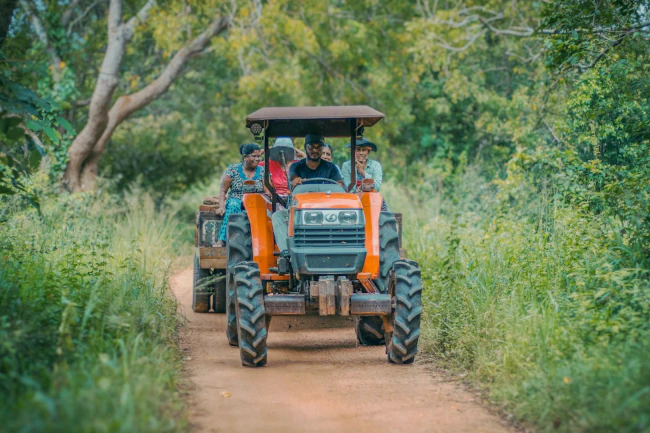
Research project to examine the savings behaviour of rural self-employed. This involved a Listing exercise of 3650 households to identify rural unbanked self-employed sample (including sub-sample of those participating in informal savings (rosca)) in Bandarawela and Mahiyangana areas in July 2010.
A Baseline Survey of 800 rural unbanked self-employed sample in August 2010 (which also included drawing in other rosca members into the sample). A savings mobilization programme using point-of-service device in partnership with a national-level savings bank to 400 randomly selected participants for which monthly and quarterly follow-up surveys were conducted until January 2012 and on a six-monthly basis.
Read more: Finding the Headwaters of Household Financial Assets
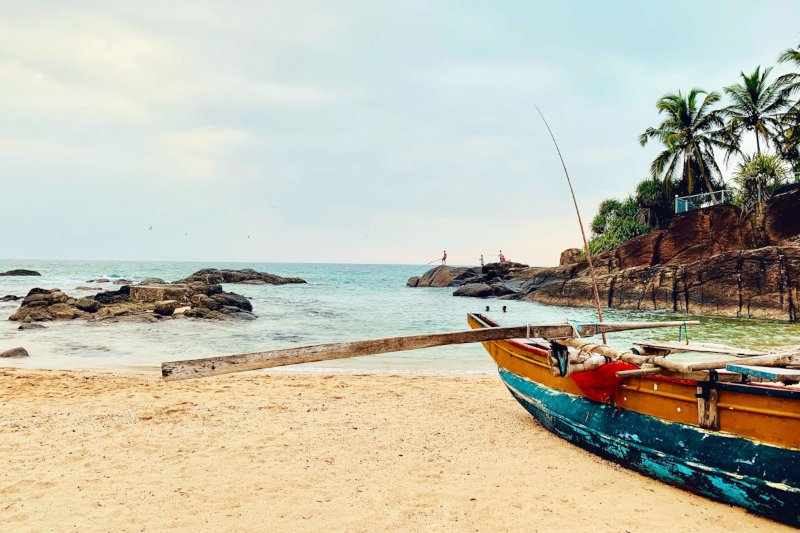
A research project examining the rate of return to capital in and the post-tsunami recovery process of micro-enterprises.
A survey of over 600 micro-enterprises in the Kalutara, Matara and Galle districts was carried out every quarter.
Equipment and cash treatments/ interventions to randomly selected enterprises were administered. Follow-up surveys were conducted after five years to examine post-tsunami recovery of enterprises.
Read more: Post-tsunami Recovery of and Rate of Return to Capital in Microenterprises
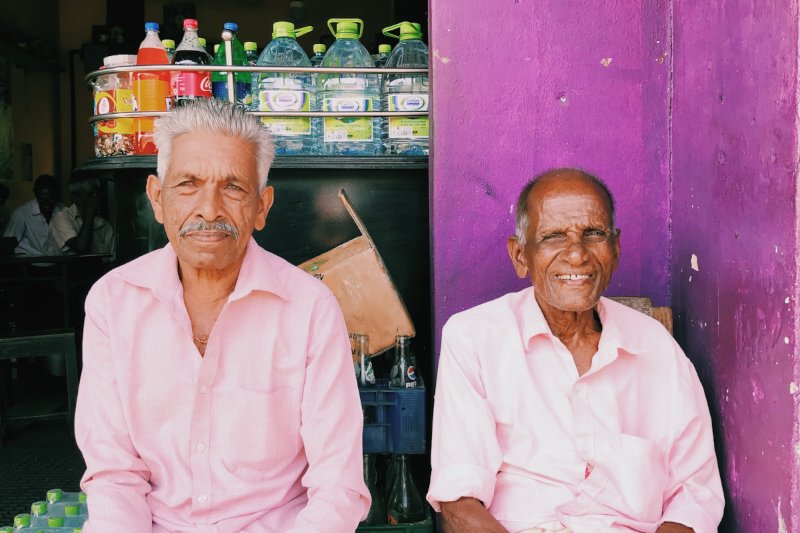
Research project to examine the growth process of small scale male-run enterprises.
1500 small scale male-run enterprises in 18 DS divisions in 9 districts in surveyed in October 2008. The survey consisted of a matched savings intervention programme to randomly selected participants in partnership with a national-level savings bank, a business skills training programme to randomly selected participants in partnership with an external business consulting firm (ILO developed business training modules), and an employee-hiring incentive programme with cash incentives on hiring an additional worker to randomly selected participants.
7 Follow-up surveys of same sample every six months in Oct 2009Oct - 2012 period were also conducted.
Read more: Generating Growth in Microenterprises: The Transition from Non-Employer to Employer
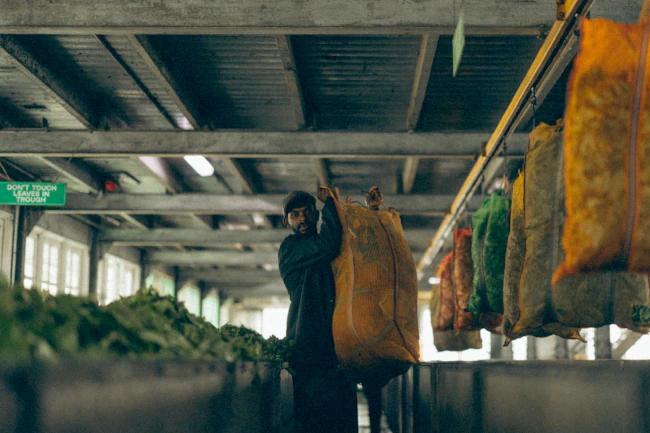
A research project examining entrepreneurial attributes of small and medium scale enterprises and wage workers for comparison purposes with SLMS micro-enterprise sample. A field survey of around 425 SMEs and 450 wage workers was carried out in Kalutara, Matara and Galle districts.
Read more: Sri Lanka Small and Medium Scale Enterprise and Wage Worker Survey

